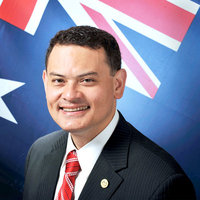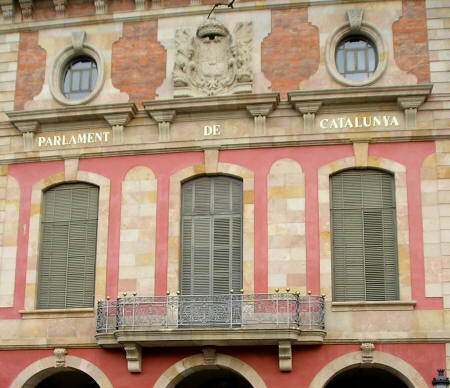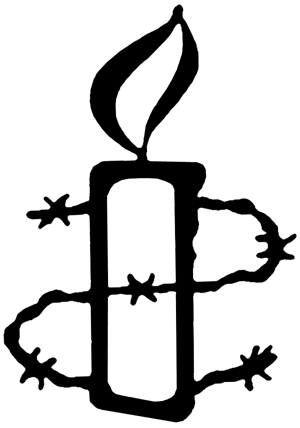The European Convention on Human Rights is the basis for our rights and freedoms. Crucially, it provides for freedom of expression, the right to protest, to stage controversial political theatre or to write an independent article. It also protects the right of individuals to choose their religious beliefs.
For this reason, I cannot support calls in the UK and across Europe to ban Muslim women from wearing the burqa or other garments that cover the entire body in public.
Have we become so arrogant as to believe that every woman who would wear a burqa is necessarily oppressed? Or so fearful that we see a potential terrorist behind women who cover themselves out of religious belief?
Thorbjørn Jagland, Secretary General of the Council of Europe, in the Independent, 7 July 2010

 Preachers of Islamic extremism should be barred from Australia, a federal MP says. Michael Johnson, a lower house independent, has also called for a debate on banning the burqa.
Preachers of Islamic extremism should be barred from Australia, a federal MP says. Michael Johnson, a lower house independent, has also called for a debate on banning the burqa. Catalonia’s regional parliament Wednesday postponed a vote on a motion to ban the use of the face-covering Islamic veil in public places, an issue that has sparked a debate throughout Spain.
Catalonia’s regional parliament Wednesday postponed a vote on a motion to ban the use of the face-covering Islamic veil in public places, an issue that has sparked a debate throughout Spain. The regional parliament in Catalonia is due to vote on a ban on the use of the face-covering veil and the burqa in public, fueling debates over the freedom of rights in the country.
The regional parliament in Catalonia is due to vote on a ban on the use of the face-covering veil and the burqa in public, fueling debates over the freedom of rights in the country.